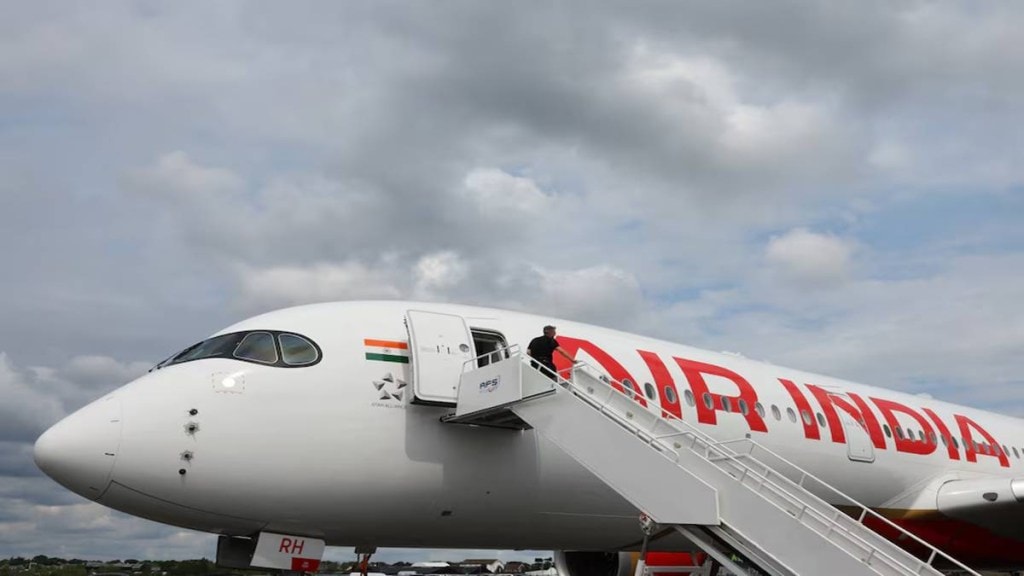Air India has proposed a set of policy recommendations to the Airports Economic Regulatory Authority (AERA), seeking lower landing charges for long-haul and ultra-long flights and incentives for increasing international-to international (I2I) passenger traffic on the Delhi Airport.
The Tata-owned airline has requested a minimum of 30% reduction in landing charges per metric tonne for long-duration flights in its submission for the 2024-2029 control period. This proposal will also include those who are operating in North America. Air India has also suggested a 20% cut in User Development Fees (UDF) and a complete exemption of landing charges to encourage the use of wide-body aircraft on domestic routes.
Proposal for lower fees for promoting wide-body operations
P Balaji, Group Head of GRC & Corporate Affairs at Air India, stated, ‘’AERA may consider a waiver of landing charges and reduce the UDF charges by 20 percent to promote usage of wide-body on domestic flights.’’
The airline highlighted that both Delhi and Mumbai are crucial for developing India into a major transit hub for I2I and domestic to international (D2I) passenger flows. Air India also called AERA considers including incentives for I2I traffic directly into its tariff structure.
Development of aviation hub in Mumbai and Delhi
While speaking to PTI, Air India CEO and MD Campbell Wilson underlined the strategic significance of aligning economic policy with India’s aviation goals. ‘’The economic structure of the market should be supportive of the efforts to make India an aviation hub,’’ he stated.
Wilson added that India will benefit significantly by increasing wide-body services and developing major hubs in cities like Mumbai and Delhi. ‘’
‘’Currently, a lot of that benefit accrues to foreign countries…more wide-body services, building a hub out of Delhi and Mumbai will surge the transit traffic, ‘’ he added.
Meanwhile, Delhi Airport operator DIAL has also proposed different passenger fees based on travel class and peak hour usage. These measures are also under AERA’s review.
(With inputs from PTI)

